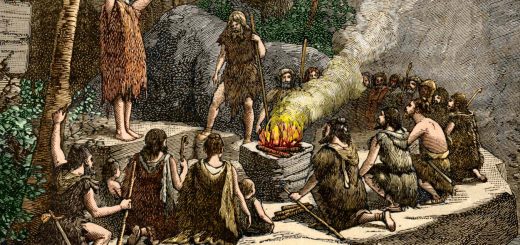Does the birth of a cloned monkey mean we could now clone people?
A healthy rhesus monkey has been born after being cloned from fetal cells, but creating a clone of an adult human being would be much harder
By Michael Le Page
16 January 2024
The cloned rhesus monkey
Zhaodi Liao et al.
After numerous attempts over the years, a healthy rhesus monkey has finally been created by cloning. The clone was born in China on 16 July 2020, but its existence has only now been revealed.
Read more
Are you truly healthy? These new tests provide the ultimate check-up
“The cloned rhesus monkey has reached the age of 3,” says team member Falong Lu at the Chinese Academy of Sciences in Beijing. “So far, we haven’t observed any health issues in it by our routine physical check-ups.”
Advertisement
However, the monkey was cloned from fetal cells, rather than adult cells, and the embryo had to be provided with a non-cloned placenta. So despite this advance, cloning primates remains extremely challenging. As a result, it still might not be technically possible to create a clone of an adult human being, quite apart from the ethical and legal issues.
Cloning is the creation of an individual that is genetically identical to another individual. It is simple to clone plants, but with most animals, it is far trickier.
The first mammal to be cloned from an adult cell, Dolly the sheep, was born in 1996. Since then, researchers have tried cloning many mammal species with mixed results.


